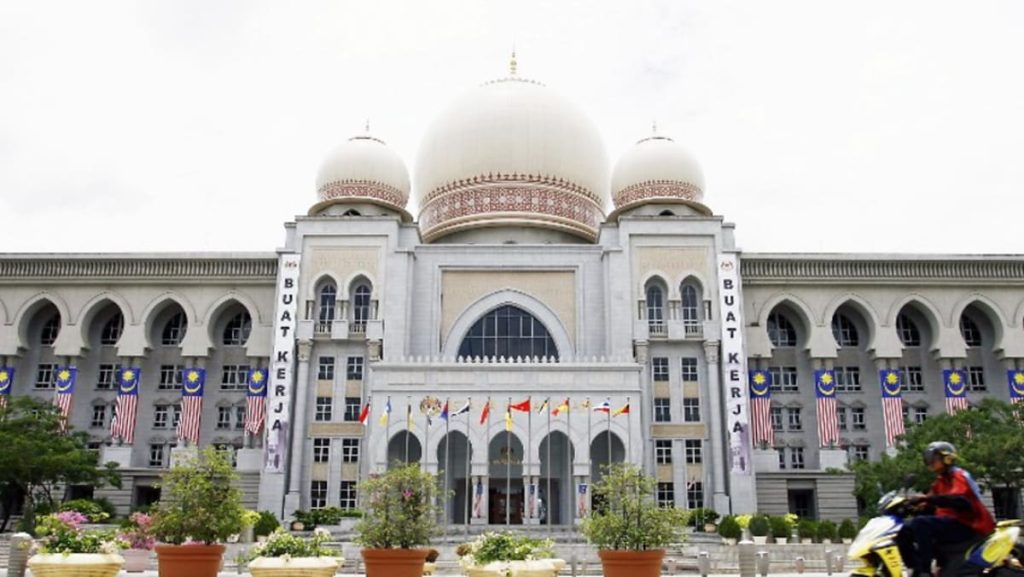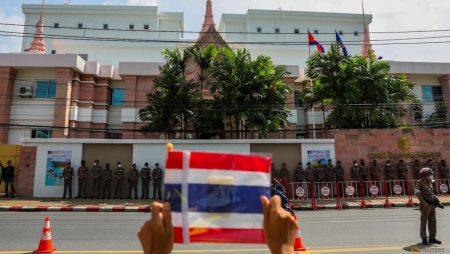Paragraph 1: Concerns over Judicial Appointments and the JAC
Malaysia’s Chief Justice, Tengku Maimun, highlighted Prime Minister Anwar Ibrahim’s past concerns about the transparency and potential executive influence in judicial appointments before the establishment of the Judicial Appointments Commission (JAC). Anwar’s earlier observations, made while he was an opposition leader, directly addressed the core issue of judicial independence. He had criticized the excessive power vested in the prime minister regarding judicial appointments and removals. Despite criticisms surrounding the Judicial Appointments Commission Act 2009 (JACA) during its enactment, the law remains in effect. Tengku Maimun affirmed her unwavering commitment to judicial independence, including the appointment process, emphasizing her adherence to the principles of the Federal Constitution and the JACA.
Paragraph 2: Questionable Appointments and Bypassing Protocol
Recent judicial appointments have raised concerns within the legal community, as voiced by senior lawyer Gurdial Singh Nijar. The appointment of Hasnah Mohammed Hashim as Chief Judge of the High Court Malaya, the third highest judicial position, was particularly contentious. This appointment followed an eight-month vacancy and allegedly bypassed the JAC and the Chief Justice’s involvement, raising questions about the adherence to established processes and the implications for the role of the Chief Judge. Another appointment raising concerns was that of former Attorney General Ahmad Terrirudin Salleh to the Federal Court, concurrent with Hasnah’s appointment.
Paragraph 3: Procedural Irregularities and the Importance of Due Process
Former Court of Appeal Judge Hamid Sultan Abu Backer questioned the propriety of the appointments of Hasnah and other judges, raising concerns about the JAC’s involvement. While not questioning their qualifications, he emphasized the importance of JAC recommendations and expressed concern over reports that the JAC lacked a quorum until shortly before the appointments. This raised the possibility that the appointments were rushed and bypassed proper procedures as prescribed by law and good governance. Hamid stressed that while the individuals appointed might be suitable, adherence to due process is paramount – justice must not only be done but must be seen to be done.
Paragraph 4: The Role and Importance of the JAC
The JACA was established to ensure an impartial process for selecting judicial candidates for the prime minister’s consideration. Tengku Maimun clarified that according to the constitution, only the JAC and the prime minister can recommend candidates for superior court positions. The JAC reviews applications for judicial commissionerships and assesses the performance of sitting judges for promotion. Decisions are made by majority vote through a secret ballot when consensus is lacking. Bypassing these provisions could render appointments unconstitutional or illegal. Tengku Maimun emphasized her non-interference in the process, highlighting that recommendations are collective decisions of the JAC, not solely hers as the commission’s chair.
Paragraph 5: The Prime Minister’s Role and Potential Interference
While the JAC recommends candidates, the JACA allows the prime minister to reject them and request two additional candidates. This provision, while offering flexibility, raises the possibility of executive influence on judicial appointments. Nine former Malaysian Bar presidents underscored the JAC’s critical role in selecting qualified judges, emphasizing the need for exceptional qualifications, temperament, impartiality, integrity, and courage. They expressed deep concern over potential interference in the appointment process, echoing Tengku Maimun’s warning, and called for immediate investigation into such allegations.
Paragraph 6: Safeguarding Judicial Independence and its Impact on Investment
The former Bar presidents emphasized that attacks on judicial independence are often a hallmark of authoritarian regimes, as the judiciary acts as a check on state power. They stressed the importance of maintaining judicial independence, which has been instrumental in Malaysia’s ability to attract foreign investment. Years of effort have gone into rebuilding the judiciary’s integrity, and any regression to past practices would be detrimental to the country. Tengku Maimun’s speech served as a call for vigilance in safeguarding the hard-won independence of the judiciary, a cornerstone of a just and prosperous society. The need to investigate allegations of interference and ensure strict adherence to the established appointment process is paramount to preserving public trust in the judiciary and the rule of law.










